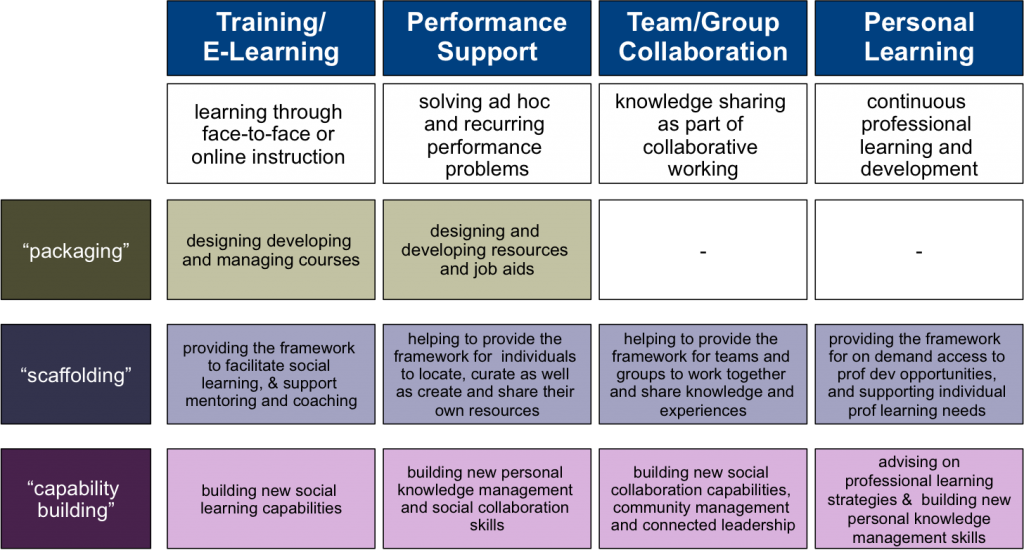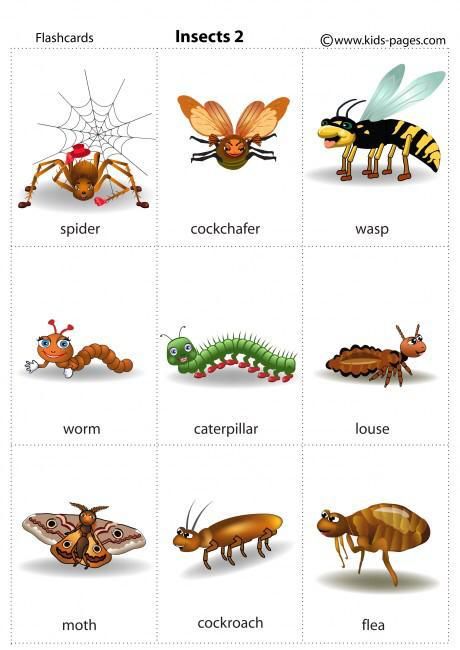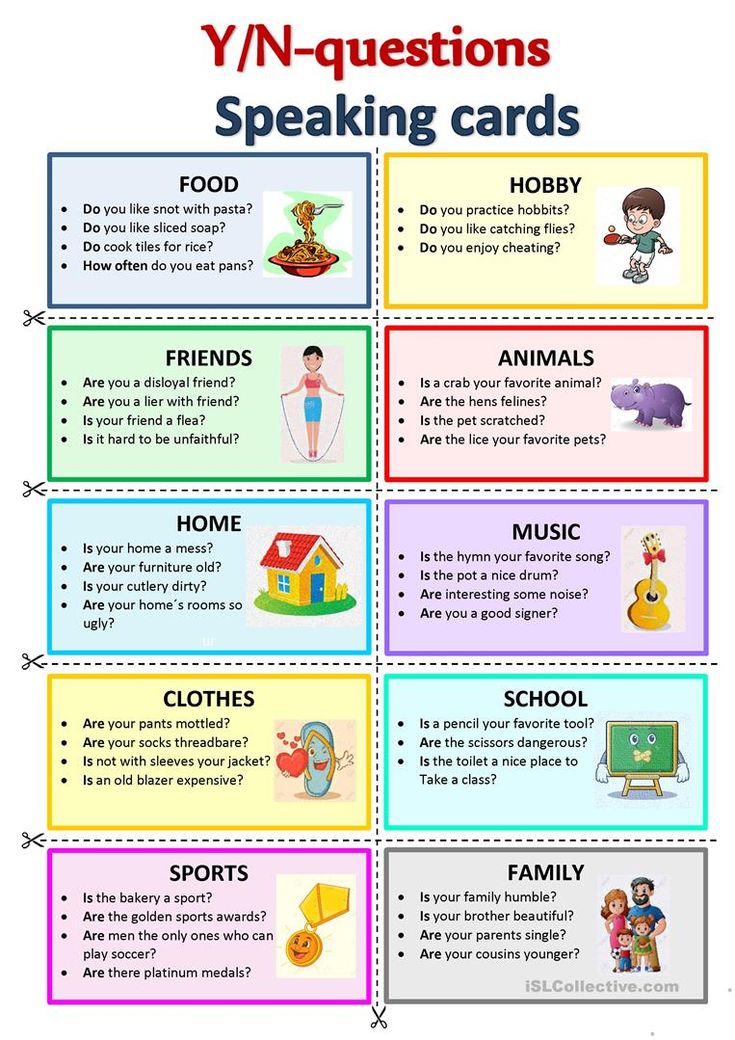Social building skills
10 Tips to Be More Social
Jump to section
What are social skills?
The benefits of having good social skills
How can I enhance my social skills?
Do I have trouble with social skills?
The bottom line
We all have moments where our social skills fail us. Perhaps your joke was greeted with awkward silence. Or, at a restaurant, you enthusiastically told the waiter that they, too, should enjoy their meal.
The odd mishap with friends is hardly cause for alarm. The embarrassment will soon transform into an inside joke, deeping your bond with others.
But, if you fumble too often, it can take a toll on your self-esteem and mental health. If you don't know how to improve your social skills, it can hold you back socially and at work. Some behaviors can come across as antisocial or even harmful to others, while simple shyness can read as aloof, standoffish, or arrogant. Knowing this might not put you at ease, but it can help you understand other people's reactions.
Now that companies are starting to pull teams together in person, many people are feeling some level of social anxiety. Just because it feels uncomfortable, not feeling confident in your ability to spend more than 5 minutes chatting with coworkers isn't an option. The good news? The past two years haven't helped anyone feel socially smooth. Many people are feeling awkward. The bad news? Many people are behaving awkwardly, and misunderstandings will happen.
You don’t have to change yourself. But you might have to change your approach, not just to appear more sociable but to avoid the most unnecessary points of friction that undermine your confidence. This will not only improve how others perceive you, but it can also benefit you in other ways.
If you’ve been feeling out of place, developing your social skills can help you feel more at home with your colleagues. It can also improve your confidence, sense of belonging, and ability to collaborate at work — all important skills that will affect your mental health, motivation, and ability to succeed.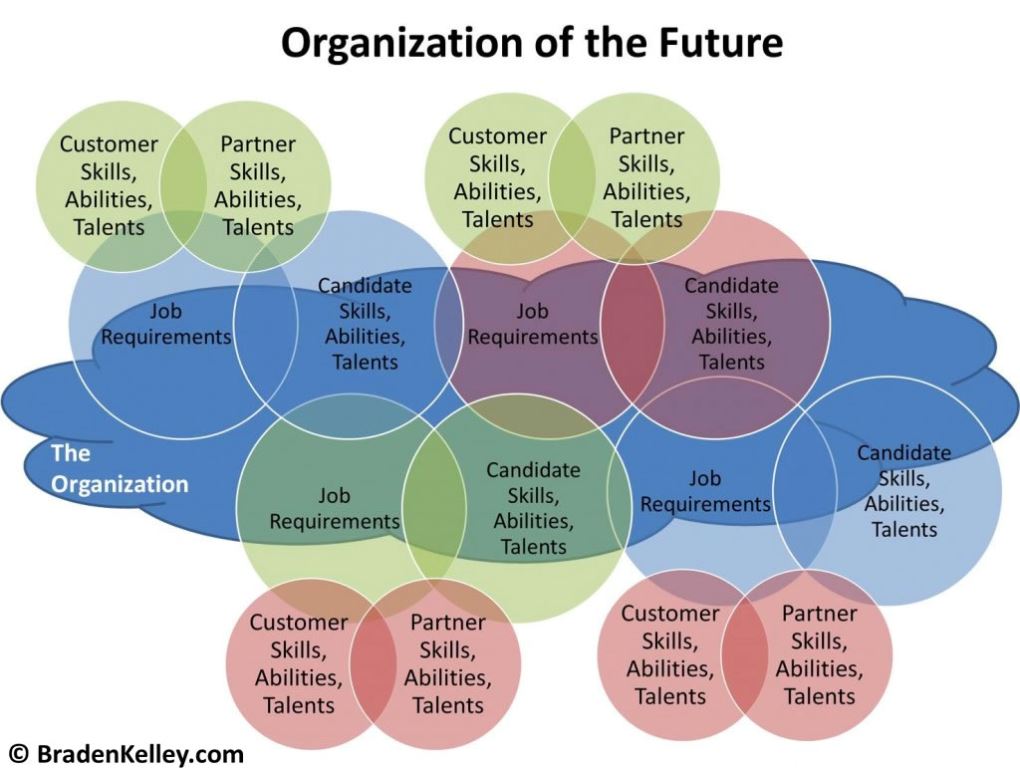
Training your social skills can be difficult. But we know you can do it.
Here’s how to improve social skills at work, with strangers, and in every other part of your life.
Social skills are the verbal and nonverbal communication skills required to foster connections and appropriately navigate social settings. Think about socializing a puppy: The more interaction it has with other puppies when it’s young, the better it knows how to act when it’s older. Humans are similar.
Most of the time, when people think of “social skills,” they think of their everyday interactions. It’s how they gain acceptance from their colleagues or peers and involves being comfortable when speaking to strangers, easily making friends, and earning the respect of your co-workers.
These things don’t always come naturally. Individuals with social anxiety, for example, might have trouble connecting with others. Introverts or shy people who like to keep to themselves may actively avoid social interactions — and appear rude as a result.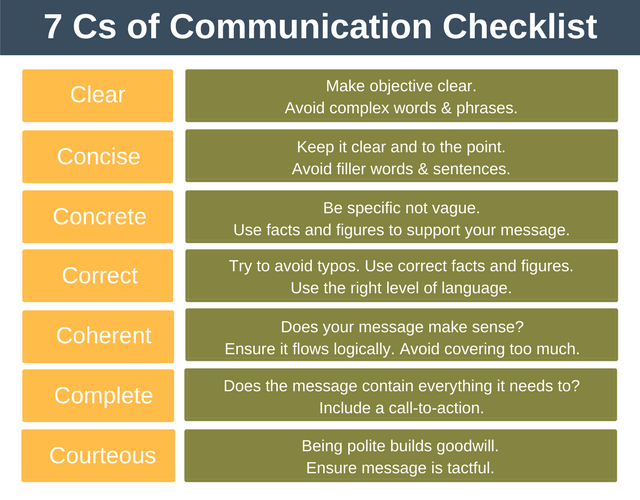 Or, sometimes, we get uncomfortable around people we don’t know and lose some of our social confidence.
Or, sometimes, we get uncomfortable around people we don’t know and lose some of our social confidence.
No matter the case, it’s nice to have some basic principles to fall back on. Knowing how to develop your social skills will help you in the long run.
The benefits of having good social skills
So what’s in it for you? Well, a lot. Improving your social skills is essential for your social health and overall well-being.
In terms of mental health, people with strong social ties have lower rates of anxiety and depression. They also have higher self-esteem, greater empathy, and are more cooperative.
For your physical health, researchers knew as early as 1988 that lack of social connection is more harmful than obesity, smoking, and high blood pressure. And, more recently, they learned that isolation is associated with a 50% increased risk of dementia as you age.
Sharpening your social skills will also pay you back in the form of social capital.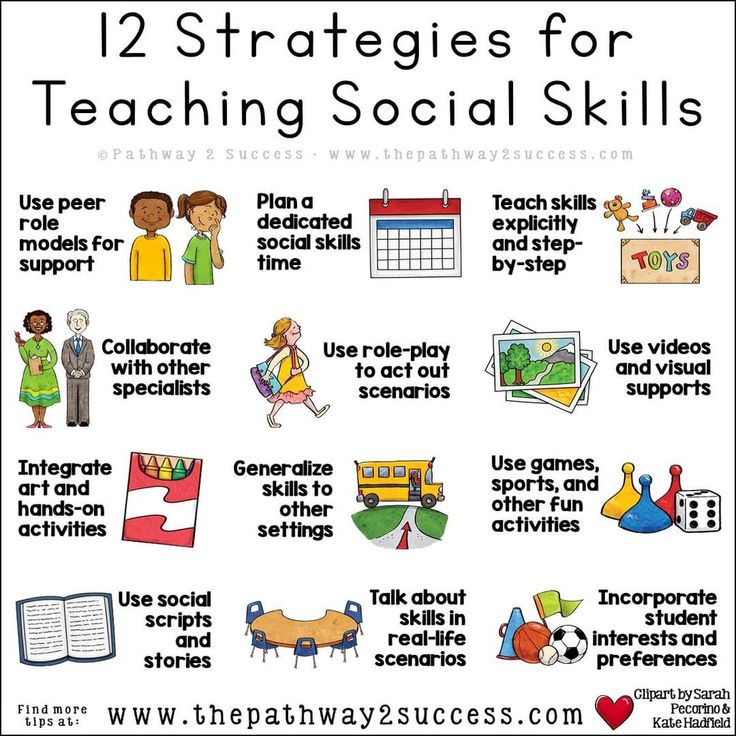 Entire university programs are devoted to studying this concept. But, to keep it simple, we can define social capital as the sum of all benefits from being part of a social group.
Entire university programs are devoted to studying this concept. But, to keep it simple, we can define social capital as the sum of all benefits from being part of a social group.
Social capital comes with its own list of benefits:
- People will like working with you. Social capital often translates to goodwill from your colleagues; if you’re easy to work with, people will be in your corner when you need it — like when you’re gunning for that next big promotion.
- When you ask for help, people provide it. What goes around comes around. If you’re kind and helpful to others, they’ll do the same for you.
- Others will understand your boundaries. Don’t want to go to a social event? It’ll be easier to refuse when people trust there are no hard feelings. When you use your social skills, you can help others see where you’re coming from and better communicate your feelings.
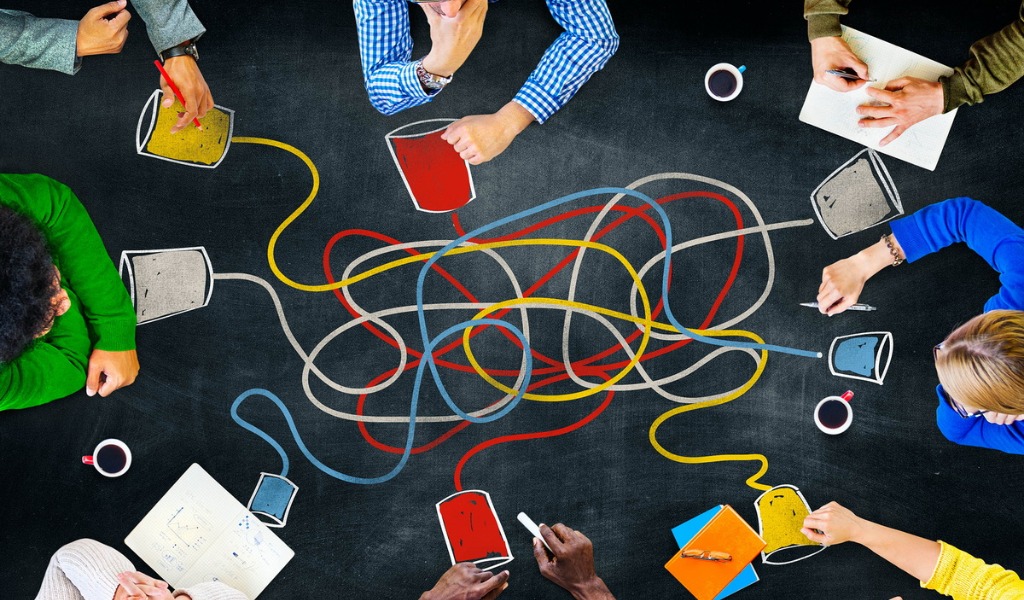
- Clients will love you. Whether you’re a freelancer, salesperson, or customer service rep, social skills are essential to winning and keeping clients. People like good work with a good attitude.
- You’ll nail your job interviews. Job interviews are about making great impressions. This is the perfect environment to flex your social skills. Use open body language, eye contact, and friendly facial expressions to impress your interviewers.
In today’s gig economy, social capital is critical. It can earn you a higher salary, win you more interesting projects, and may be the deciding factor in your next job application. Consider working with a BetterUp coach to improve this area of your career.
How can I enhance my social skills?
We’re glad you asked! You can definitely learn or improve your social life. Here are some general guidelines to get you started:
1. Improve your emotional intelligence
Put yourself in their shoes.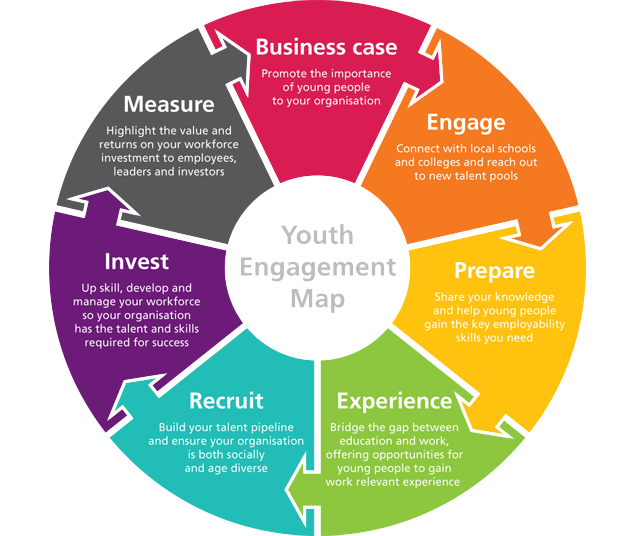 Imagine what they might be going through and try to understand their feelings. You’ll better understand their perspective, which will help you respond appropriately.
Imagine what they might be going through and try to understand their feelings. You’ll better understand their perspective, which will help you respond appropriately.
2. Look inwards
Pay attention to your emotions, thoughts, behaviors, and triggers. Then it will be easier to control them while interacting with others.
3. Practice effective communication skills
Use tactics like active listening and open body language to demonstrate attentiveness. This opens the door to more positive interactions.
4. Fake it ‘till you make it
Try acting like your more social peers, even if it’s just small talk. It will become easier every time you try it.
5. Ask more than you speak
You don’t have to worry about speaking up; ask open-ended questions and use active listening. People love talking about themselves.
6. Give compliments
Everyone likes a good compliment. Tell someone that they were great in that meeting, or their project was top-notch.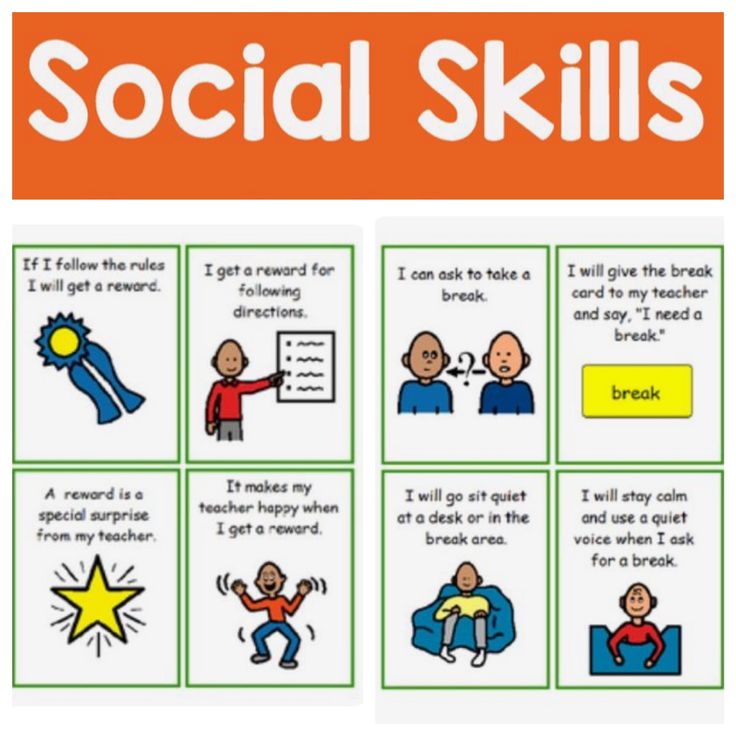 Be specific.
Be specific.
7. Be polite
Good manners go a long way. Words like “please” and “thank you” are small but powerful ways to soften requests.
8. Use open body language and non-verbal communication
Face the person with whom you’re speaking. Pay attention to your tone of voice. Make eye contact. Use your body language to show you’re present and paying attention.
9. Read the news
So many conversations revolve around current events; try to keep up so you can chime in.
10. Don’t let your thoughts get the best of you
It’s okay to feel a little anxious, but don’t let it get the best of you. You’re not your thoughts. Take a deep breath and try to let them go; this will help you relax in a social situation.
11. Start small
Start by spending time in a coffee shop or practicing your conversation skills with family members. Then you can ease into larger social settings. Before you know it, you'll be making new friends at your next social gathering.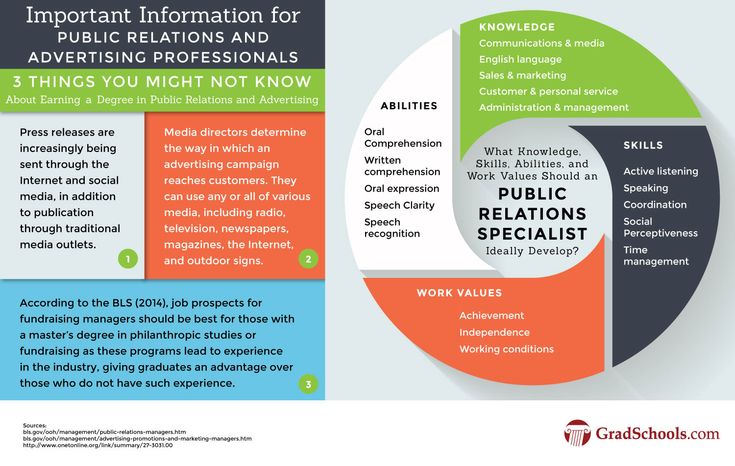
Do I have trouble with social skills?
A lot of people with anxiety or ADHD have a hard time connecting with others. Introverts or very shy people may also struggle.
Here are some signs that you don't have great social skills:
- You scroll on your phone while people talk to you. Smartphones are great at keeping us connected, but often to the detriment of those right in front of us. It puts a physical barrier between you and the other person at best. This communicates non-receptiveness to their words, and at worst, you seem bored, uninterested, and rude.
- You never take off your headphones. Sure, you might pause the music while someone talks to you. But they don’t know that. Take out your earbuds to show that you’re listening.
- You never do anything in person. These days, you can order just about anything to your door. But while this is wildly convenient, it cuts you off from the outside world.
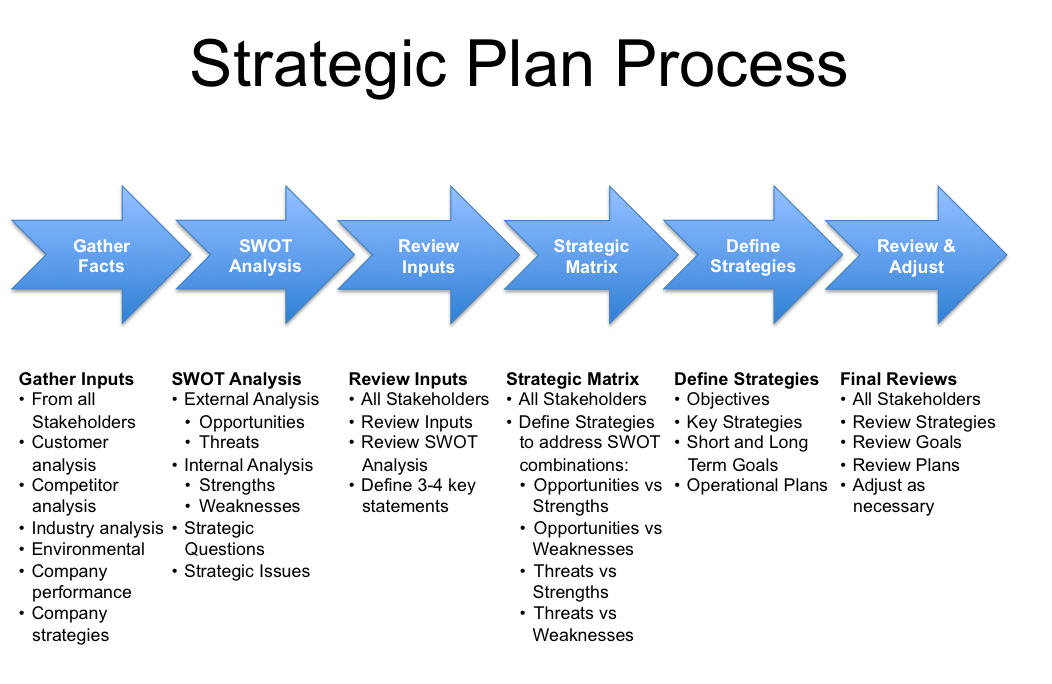 Don’t let yourself become socially isolated.
Don’t let yourself become socially isolated.
- You force humor when it might not be appropriate. You may want to defuse your anxiety with humor, but it’s not always the best time. Learn to read the room and only use jokes when it makes sense.
The bottom line
It’s normal to experience awkward moments. You might tell the theatre employee to enjoy a movie they’re not going to see or tell a joke that no one laughs at. It happens; cut yourself some slack.
But poor social skills go beyond the occasional blunder. At best, you seem aloof. At worst, outright rude. It’s good to evaluate your social skills and see which ones you can improve to be your best self.
That’s not to say that you can learn to overcome shyness or that you have to be a social butterfly. But it’s nice to know that when you want to strike up a conversation — whether inside or out of work — you’ll feel comfortable doing so.
If you need help, BetterUp is here.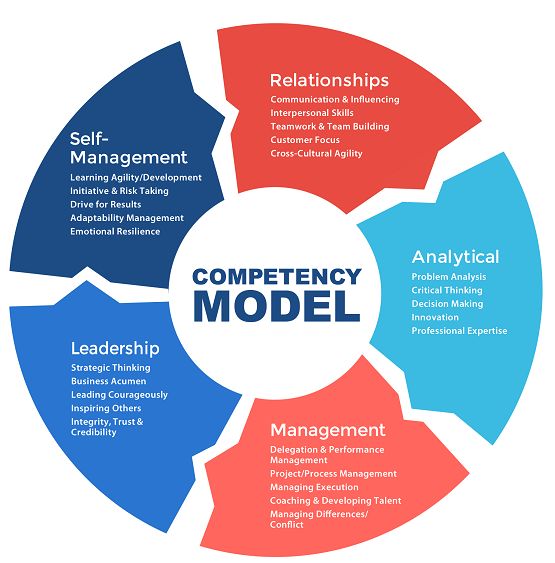 We’ll give you the tools you need to learn how to improve your social skills to ease your social discomfort or learn better communication skills. Whatever your best self needs, we can help you find.
We’ll give you the tools you need to learn how to improve your social skills to ease your social discomfort or learn better communication skills. Whatever your best self needs, we can help you find.
12 Ways To Improve Social Skills And Make You Sociable Anytime
Amy Morin, LCSW Posted on by Amy Morin
If you feel like you’re the awkward person at social events or you struggle to enter into conversations because you’re shy, it can impact your social life and your career. However, you can start improving your social skills by following these 12 strategies and soon, you’ll be able to enter into conversations with confidence.
1. Behave Like a Social Person
You can behave like a more social creature, even if you don’t feel like it. Don’t allow anxiety to hold you back. Make the decision to talk to new people and to enter into conversations even when you’re feeling nervous about it. Over time, it will get easier and you’ll quickly start improving your social skills.
Over time, it will get easier and you’ll quickly start improving your social skills.
If going to a party or spending time in a crowd seems overwhelming, start small. Go into the grocery store and say, “Thank you,” to the clerk or go to a restaurant and order your food. Practice making small talk gradually.
3. Ask Open-Ended QuestionsIf you want the attention off you in a conversation, get familiar with open-ended questions. Encourage others to talk so you won’t have to make the idle chit-chat. Ask questions that require more than a yes or no answer and you may open the door to invite the other person to keep the conversation going.
4. Encourage Others to Talk About ThemselvesMost people really enjoy talking about themselves. Ask a question about a person’s career, hobbies, or family. Show you’re interested in hearing what is being said.
5. Create Goals For YourselfEstablish some small goals for yourself. Perhaps you want to practice one particular skill or maybe you want to start attending a social activity in your community. Establish a goal and begin to work on strategies that will improve your social life.
Perhaps you want to practice one particular skill or maybe you want to start attending a social activity in your community. Establish a goal and begin to work on strategies that will improve your social life.
Compliments can be a great way to open the door to a conversation. Offer a co-worker a compliment on a presentation he gave at a meeting or compliment your neighbor on his new car. Compliments can show others that you are friendly.
7. Read Books About Social SkillsThere are many books on the market that can help you learn specific social skills and ways to start conversations. However, keep in mind that reading about these skills won’t make you an expert. You’ll need to practice them over and over again.
8. Practice Good MannersGood manners go a long way in improving social skills. Practice being polite, showing gratitude, and using good table manners.
9.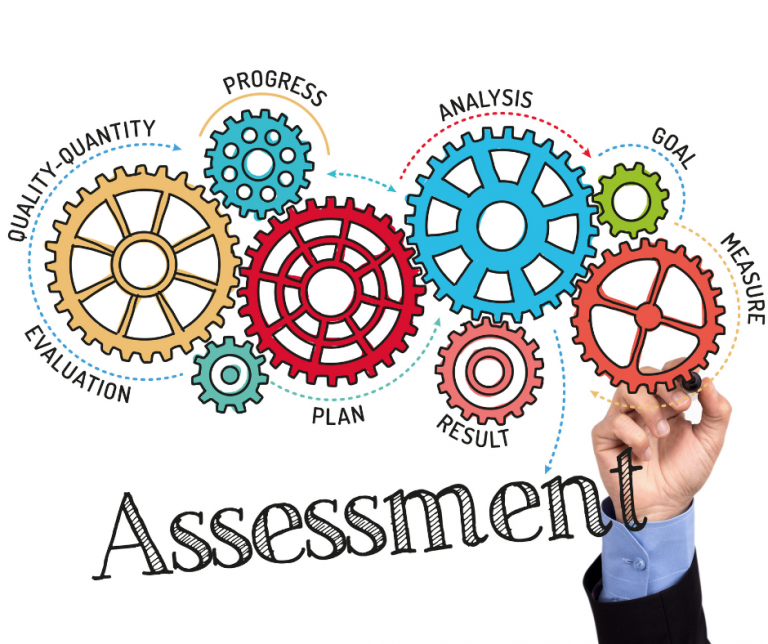 Pay Attention to Your Body Language
Pay Attention to Your Body LanguageNon-verbal communication is very important. Pay attention to the type of body language you use. Try to appear relaxed, make appropriate amounts of eye contact, and appear open to conversation.
10. Join a Social Skills Support GroupMany communities offer social skill support groups. Support groups help people who feel shy, awkward, or extremely anxious in social situations learn and practice new skills. You’ll start improving social skills and may be able to make new friends who understand your difficulties.
11. Stay Up to Date on Current EventsRead up on current trends and news stories so you have something to talk about with people. Try to avoid anything that is too controversial, such as politics, but do talk about other news stories that may be of interest. It can be a great way to start a conversation and can help you stick to neutral subjects.
12. Identify and Replace Negative Thoughts
If you have a lot of negative thoughts about your social interactions, it could become a self-fulfilling prophecy.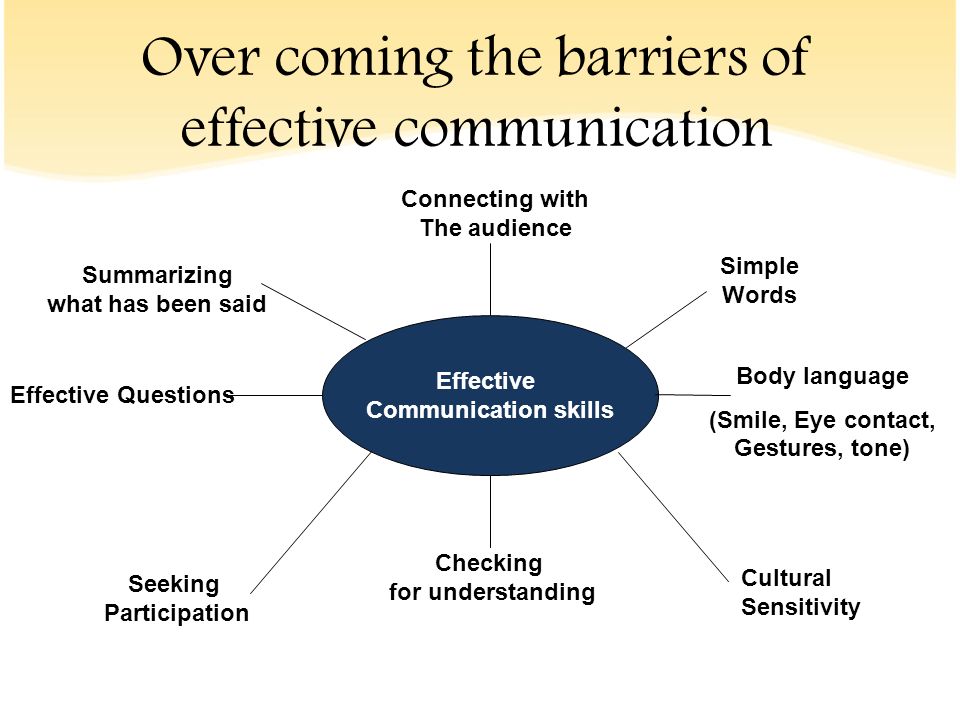 For example, a person who thinks, “I’m really awkward and I will embarrass myself,” may sit in the corner at a party. As a result, he may leave the party thinking that he must be really awkward because no one talked to him.
For example, a person who thinks, “I’m really awkward and I will embarrass myself,” may sit in the corner at a party. As a result, he may leave the party thinking that he must be really awkward because no one talked to him.
Identify negative thoughts that are likely dragging you down. Replace them with more realistic thoughts, such as, “I can make conversation and I can meet new people.” Don’t allow yourself to dwell on thoughts that aren’t productive.
Posted in Uncategorized permalink
12 social skills that improve the work of IT project managers / Habr
Hello, Habr! I present to your attention the translation of the article: “12 Soft Skills That Make IT Project Managers Unstoppable” by Pavel_Ku.
Increasingly competitive job market means that jobs based on technical skills are no longer enough. In reality, such skills include creating work breakdown structures, project budget management, earned value estimation, and critical path diagrams.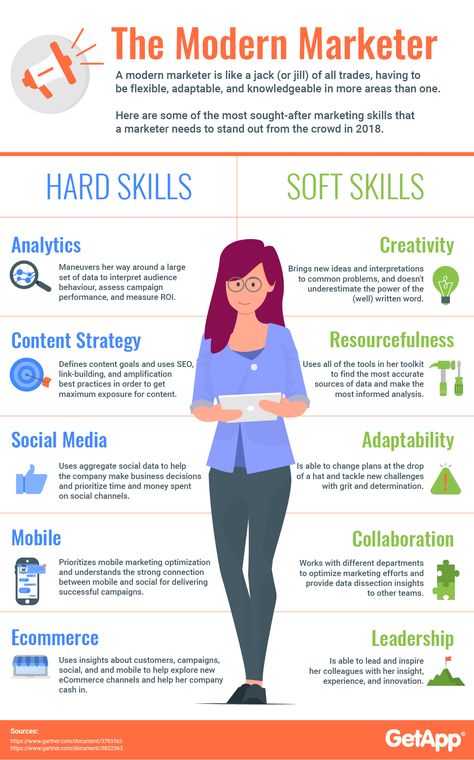 All of these skills require technical training and the application of professional knowledge and tools to succeed. What are the social skills of a leader and how do they help to unleash the capabilities of project managers?
All of these skills require technical training and the application of professional knowledge and tools to succeed. What are the social skills of a leader and how do they help to unleash the capabilities of project managers?
Social skills (also known as “people skills”) are also important, and their development is becoming increasingly popular in jobs in all industries. These skills provide a real advantage to managers who have learned to use them well.
Definition technical and social skills
Technical skills allow you to acquire a certain competence in the industry of your choice. In fact, this technical background is a key ingredient for every project. This typically includes programming skills, project management competencies, or systems design experience. Technical qualifications, certifications and experience are the most common basis for hiring.
The best thing about social skills is that they help us make the best use of our technical base in a given situation.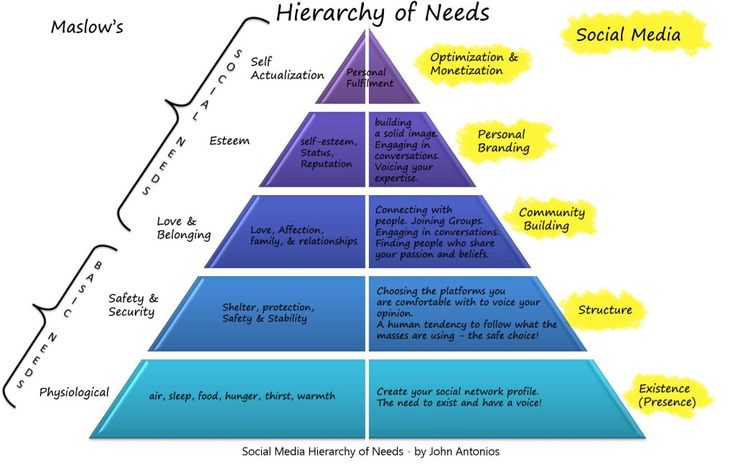
Social skills provide and enhance technical skills. This leads to innovation and creativity in today's fast paced environment.
They are often considered secondary to technical when applying for a job. However, the obsession with technical skills over social skills may be driven by the need to focus on immediate progress.
Here is a list of the social skills required for successful project management.
Manual
Just as every crew has its own pilot, just as the strongest army has its own commander, any performance-oriented team must have its own leader. Being a leader is not only about creating a good atmosphere and motivating everyone, but also about solving everyday problems.
Successful leadership is essential for project managers. This means that they must be able to lead and manage teams, set a vision, motivate and serve employees, train and inspire all team members.
Effective project managers lead from a strategic and operational perspective, they communicate the vision, measure performance, and make sure that all team members are provided with the powerful tools, money, and other necessary resources to succeed.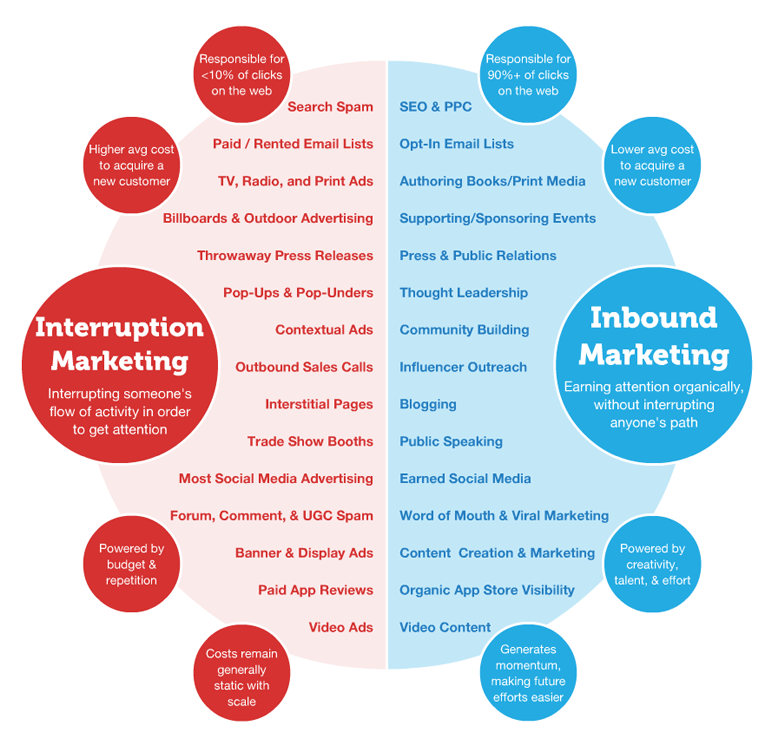
Leading people means serving them by taking responsibility for how to make the life of the team better and projects more successful. The key skill in project management is leadership, not just management. You must provide a vision and project plan to empower your team.
Building confidence
There is no leadership without trust. A true leader is one who has earned the trust of the team and can trust them without hesitation.
By being transparent about decisions and involving people in the decision-making process, a project manager can quickly achieve success. He should be interested in the growth of team members and help people achieve their specific goals.
Communication
The ability to communicate well, understand and be understood is also extremely important for people involved in project management.
Effective communication is the key to any relationship. This skill of a project manager has an impact not only on the team, but also on clients and all stakeholders.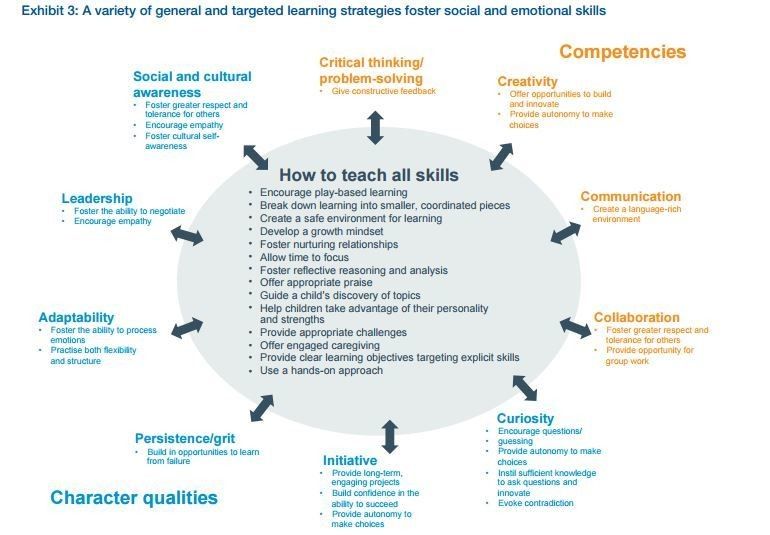
Poor communication jeopardizes the successful outcome of the project, while clear communication is mainly about understanding and maintaining a dialogue, rather than one-way communication. Therefore, it is very important for project managers to choose a quality online collaboration tool and select individual “keys” for each employee.
Active listening
This is not an innate skill, but a technique that can and should be developed day by day. Listening is directly related to communication. In fact, it is not difficult to provide constant feedback to the speaker by reformulating what he has understood.
Good listening allows project managers to learn more about their clients and team members and be more involved. Mastering this skill creates mutual trust between all parties involved.
In order to improve active listening, you must focus on truly understanding what is being said and relaying the information in your own words.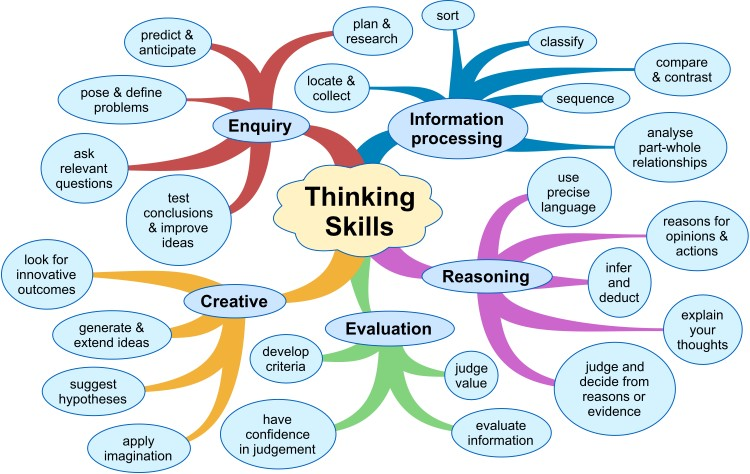
Team spirit
Projects can involve different people, including clients, suppliers, sponsors, consultants, the quality assurance team, and so on. The team that works on the project interacts with most of these people, so it is important for them to feel safe and trust each other.
For any leader it is important not only to be a team leader, but also to be a full member of this group. That is why they should be able to organize team exercises and problem-solving activities in order to develop a project environment that will help people connect with each other.
Project managers need to know how and when to involve people in decision making, keep the team up to date on the client's business, resolve potential conflicts, and enhance team spirit.
Motivation
Any employee will stay motivated if he knows that his work makes sense. Project managers must take care of the various personal and professional needs and goals of their team members and be able to meet them in this direction.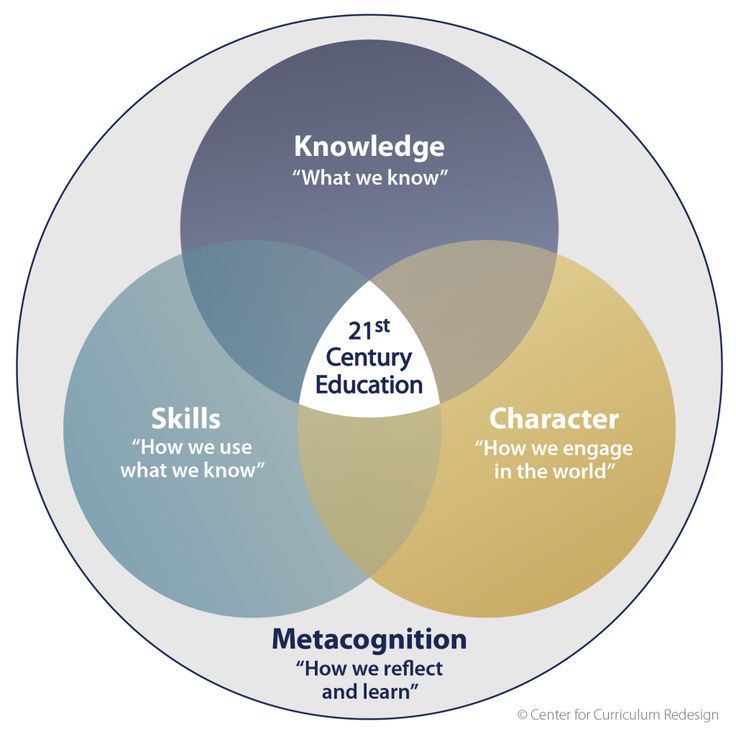
It is not only about financial compensation, but also about a sense of accomplishment by doing difficult work, hierarchical growth or gaining recognition for hard work.
Influence
The ability to get people to change their minds is another valuable skill for project managers.
Influence is power, and achieving greater impact in the workplace can be critical to the success of a project.
It can help you work more effectively and make you more respected, and make your voice heard and recognized. However, it takes some time and effort to gain this influence.
There is a fine line between influence and manipulation, so try to understand them and use your relationships with team members effectively to ensure that you work together to make the right decisions and achieve all project goals.
Decision making
Decisions can be strategic or emergency, routine or operational.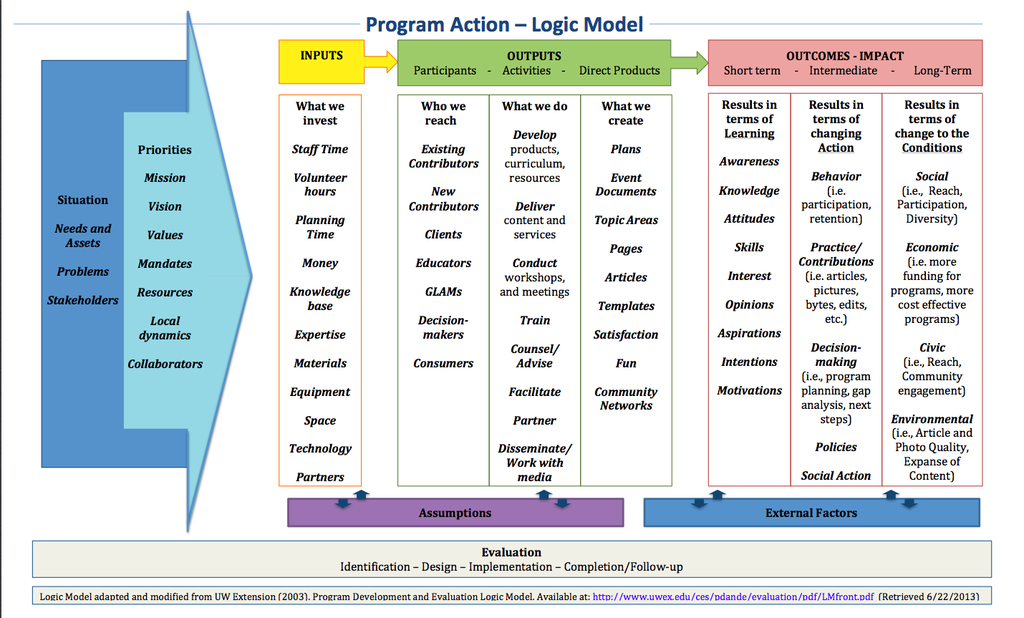
Each project manager has their own set of criteria to help them make a decision. In their decision-making process, they should pay attention to how it will affect others and consult with their colleagues when necessary.
There are several basic decision-making methods:
- Authoritative (command) when the decision of the project manager is final.
- Consultations involving team members and stakeholders.
- Consensus - a decision is made that the majority of the team members like.
- Random decisions are often made using the coin toss method.
Negotiation
Negotiation skills are also essential for project managers, who must always ensure that they listen to both sides and make decisions in a fair manner. They can negotiate with almost anyone, every day.
Finding a compromise is an essential element of a good negotiation process. You may often encounter competing interests, and it is your job to place these different interests on the same page in order to achieve the goals of the project.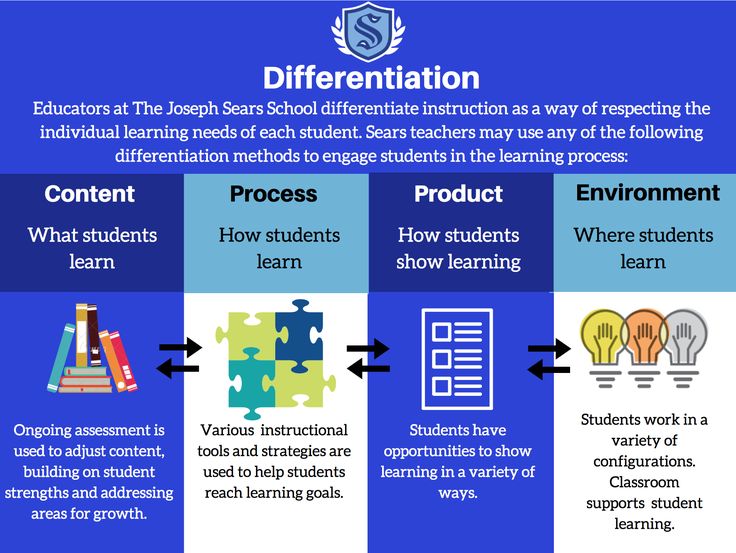
Conflict resolution
Only an ideal world implies the absence of conflicts and contentious situations. In fact, conflicts are part of any system in which people participate.
Conflict resolution can be one of the core social skills that any project manager needs to master.
They may encounter various causes of conflict within the project team, from competition, gaps in communication, unclear requirements, to personnel policy, and so on.
Well-resolved conflicts can bring people together and make them more focused and productive.
Risk Management
Any project can go beyond the plan, project managers are not magicians. Sometimes it is very difficult to anticipate and prevent risks before they become a problem. However, you should try your best to stay on top of your projects by controlling risks and proactively mitigating them as much as possible.
Risk management is truly your professional experience.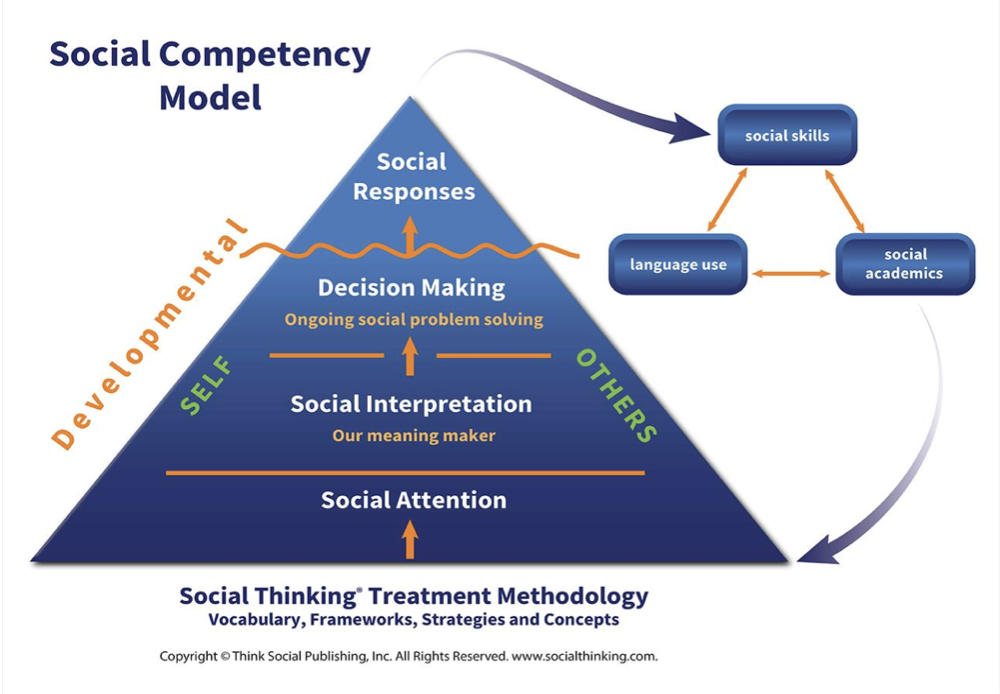 The sooner you identify risks, the better your chances of avoiding them.
The sooner you identify risks, the better your chances of avoiding them.
Coaching
A good leader is a good mentor. Coaching helps employees reach their own potential and rise from their current skill level to the next level.
To be an effective mentor, the project manager must be able to help people change their mindset about the situation and help them perform better.
When people know that a mentor is helping them, they take extra steps to achieve their professional goals.
Closing thoughts
It should be equally important for project managers to develop technical and social skills and abilities.
Create project plans, manage a budget, estimate time and effort, but also remember to keep your team organized, informed and happy. Social skills will help you become the best project manager you can be.
What are your favorite project management skills? How are you trying to develop them? Feel free to comment below.
Dolls Help Children Develop Social Skills - Proven by Neuroscientists and Barbie
A Stream of Events
Since the publication of Jean Piaget's theory of cognitive development, it has been believed that role play has a positive effect on children's social skills and creativity. However, there was no official confirmation of this relationship at the level of studying brain functions - exactly until the moment when Mattel, one of the leading toy manufacturers, and the world famous brand Barbie turned to scientists at Cardiff University (UK).
Exploring the Benefits of Playing with Dolls Using Neuroscience, led by Dr. Sarah Gerson, is the first ever scientific study of the impact of playing with dolls on child development using neuroscience.
Studying how the brain works during normal doll play without any pre-prepared scenario, it was found that brain areas associated with social information processing and empathy are activated during the process. Thus, the scientists concluded that playing with dolls allows children to develop empathy and social information processing skills, even if the child plays alone.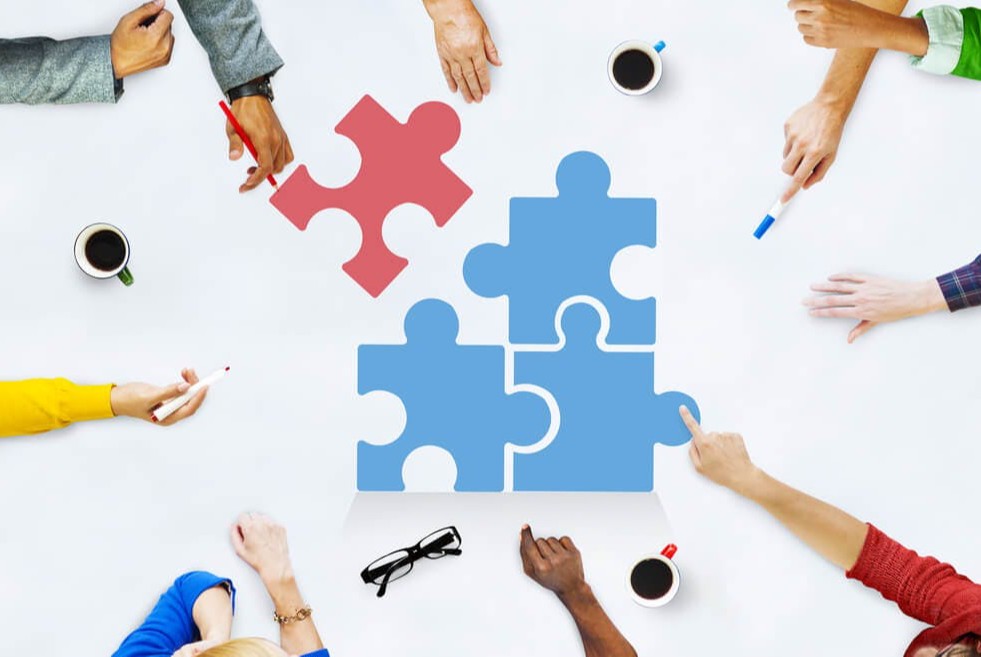 The study found that playing by yourself with dolls like Barbie is much more effective than playing on your own tablet in terms of developing cognitive functions and critical social skills.
The study found that playing by yourself with dolls like Barbie is much more effective than playing on your own tablet in terms of developing cognitive functions and critical social skills.
The study used a relatively new neuroimaging technique called functional near infrared spectroscopy (fNIRS), which measures changes in blood flow in the brain. The latest form of this technology is that children simply need to wear a small cap, similar to a swimming cap, on their head, which does not prevent them from moving freely and playing in their natural manner.
One of the main discoveries was that such play activates an area called the posterior superior temporal sulcus (pSTS).
“We use this particular area of the brain when we think about other people, especially when we think about another person's thoughts or feelings. The main function of pSTS is social information processing and empathy. As it turns out, the dolls encourage children to play a version of the game in which they imagine several characters and how these characters interact with each other, - says Dr.
Gerson. “ The dolls inspire children to imagine different worlds, situations and relationships, whether it be characters they have seen on TV, different role models they have learned about, or just pretend they care about someone.”
Barbie's mission is to empower children to reach their limitless potential by helping them develop the social and emotional skills they need to navigate an ever-changing world with confidence, responsiveness and engagement to others. This drive led the Barbie team and Mattel to reach out to scientists to learn more about the meaning of doll play experience versus other STEM toy and game categories. associated with construction, design, art and manual labor.
Why is it so important to develop empathy and the ability to process social information as early as possible?
Many parents do not consider this skill important for school because it is not math, language, or science. However, the ability to interact with other people and build relationships with them plays a decisive role for successful self-realization of a person throughout life.